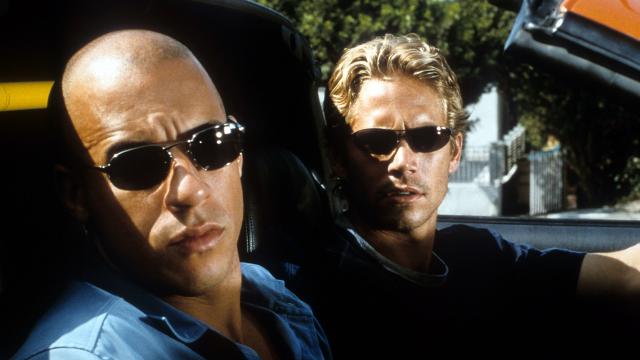At this point, it feels like the Fast and Furious franchise only continues to exist so that it can out-do itself. Each successive film culminates in some insane, how-did-they-do-that car chase sequence straight from the mind of an excitable, sports-car-obsessed 11-year-old. But, in the newest installment of their Fan Service series, Digg examines the anatomy of these massive set pieces and tries to identify what makes them different from the high-octane car chases of old.
Unsurprisingly, one of the major differences is narrative purpose. For classic films like Bullitt and The French Connection, their iconic car chases took place somewhere during the rising action of the film and were used to increase tension, raise the stakes, and build the conflict between hero and villain. The large, memorable chase sequences from the Fast & Furious movies all take place in the third act and are usually there to resolve an emotional arc as well as provide spectacle. You can tell these chases are about character development because the characters in Fast & Furious films never stop talking, even while they’re driving 145km/h on two wheels on the side of a mountain. Neither their mission nor their personal safety ever gets in the way of a casual aside about the importance of family.
In the end, the tense, classic car chases from cinema history were tense specifically because the protagonist was being placed in a new kind of danger. For the Fast & Furious crew, being in a high-speed chase is an everyday occurrence. In fact, this is probably when they feel most comfortable talking about their feelings.
